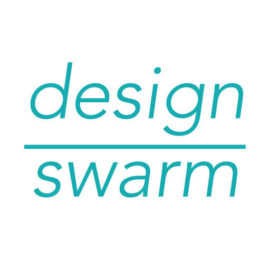Weeknotes 254 - artificial consciousness assessments
This week's round-up of news on human-tech-robot collaborations, including events to visit.

Hi, y’all! As mentioned last week, I took a stroll (in a bus) through the highly automated and autonomous operating harbor terminal on the outskirts of Rotterdam. The whole system of container logistics as invented in the 50s, is still one of the bigger inventions of last century. Package switching in the real world (I’m pretty sure I have seen someone present on this (BERG related?), connecting physical and digital systems, years ago).
Triggered thoughts
Solarpunk and green cities. How will these be connected and also relate to climate change that is not only making our cities more hot but also more humid? Green is not about sustainability but about health, or even more fundamental, liveable. We see these developments in vertical farming, highrise buildings covered with hanging gardens and initiatives like Green Mile Amsterdam, initiated by residents. We need to clean the air, not only from pollution. Can we create individual solutions like this provocation or make systematic changes? Solarpunk can feel like a solutionism angle but is, of course, more of a narrative. Still, it would be great if we could leverage the bad for the better. Venkatesh writes about this in his weekly essay (paid): “he finds it troubling that the term evokes primarily visual imagery for what we know to be primarily thermally defined futures. This, to him, is an artistic failure.” “If you’re serious about solarpunk, you need to start sweating solarpunk, not visioning or showcasing it”.
We will have another week with tropical temperatures here in the Netherlands. So, it is good to see how climate is the focus for next-generation landscape architecture.
Event to check
Summer is ending; the event season is starting up, especially next week.
- Tomorrow: 6 September in Rotterdam: ThingsCon Salon
- 6-10 September Ars Electronica Festival, Linz (still on my list to visit once)
- 7 September Rotterdam: v2 test lab summer sessions
- 9 September, another round of climate protests in The Hague, the supporters program becomes more and more like a festival…
- 11 September: KEM strategie, Utrecht (in Dutch)
- 12 September IFTF Ten-Year Forecast 2023—Working Through the Future of AI
- 12 September Tweakers development summit
- 12-14 September London CogX, with Monique curating the Deep Tech
- 13-16 September Re:Source in Venice
Notions for the news
The volume of news is also slowly ramping up. Expect from next week the tech announcements will increase even more, starting with the announcements at the iPhone event on 12 September. We will not see huge redesigns on the outside or components, except for materials and a new camera setup in the Ultra. Above all, it will be interesting to see the developments from the inside out.
I understand that the yearly IFA exhibition for consumer electronics in Berlin is also preparing for that event; all iPhone-related accessories must become USB-C. And how does it all compare to the new Fairphone release?
IFA was also populated with more smart things, and the Hue is becoming more than a lightbulb that changes colour. And consumer robotics is becoming increasingly a thing, starting with mowers and new generations of vacuums.
/cdn.vox-cdn.com/uploads/chorus_asset/file/24885905/8A0A9589.jpeg)
New AI assistants and other enhanced services: Loom (transcripts and captions), Snap AI selfies, and Google Meet are going to the next level; the AI can cover for you in a meeting. Dolby Atmos is introducing self-optimising sound profiles.
Tools to identify the true AI in the things we see might become important for trust, but also for promoting capabilities of the companies that offer the tooling, like Google.
In the round of AI critiques:
- “AI to make pretty pictures doesn’t help people to understand what AI is” (there is value, though, in understanding the way AI imaging reasons).
- We need a people-first strategy for the AI economy, Navin Chaddha argues
- Prepare for the known unknowns, a GenAI future you can’t predict. https://hbr.org/2023/08/how-to-prepare-for-a-genai-future-you-cant-predict
- Large language models aren’t people. Let’s stop testing them as if they were.
With the release of the Vision Pro development kit, more experiments appear, diving into the meaning of this medium and experiencing space. What if Instagram went spatial?
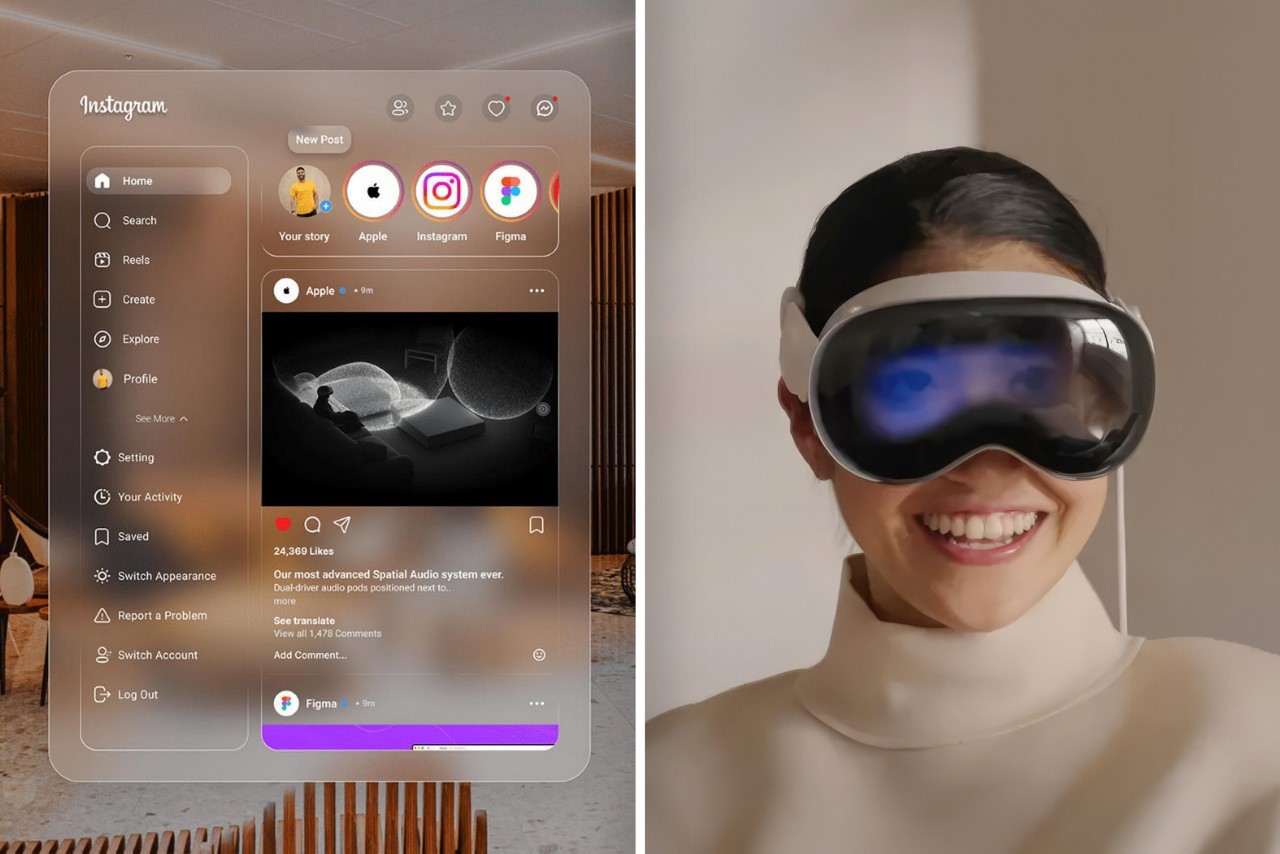
I think the new personal AI of Pi was here before; this interview triggered enough to share another time. As I mentioned earlier, experimenting with the tool is not per se astonishing in the outcomes, but it is inspiring (or reflective) for everyone designing conversational partnerships with AI.

Who has the better LLM? Titans are claiming. Boring!

Mixing GPT and robots can be powerful.

Is robot tax the same as income tax?

OpenAI is aiming to enter the classroom. The reflection in this article: “Students and teachers will adapt — but only if they embrace the tools and make them their own.”
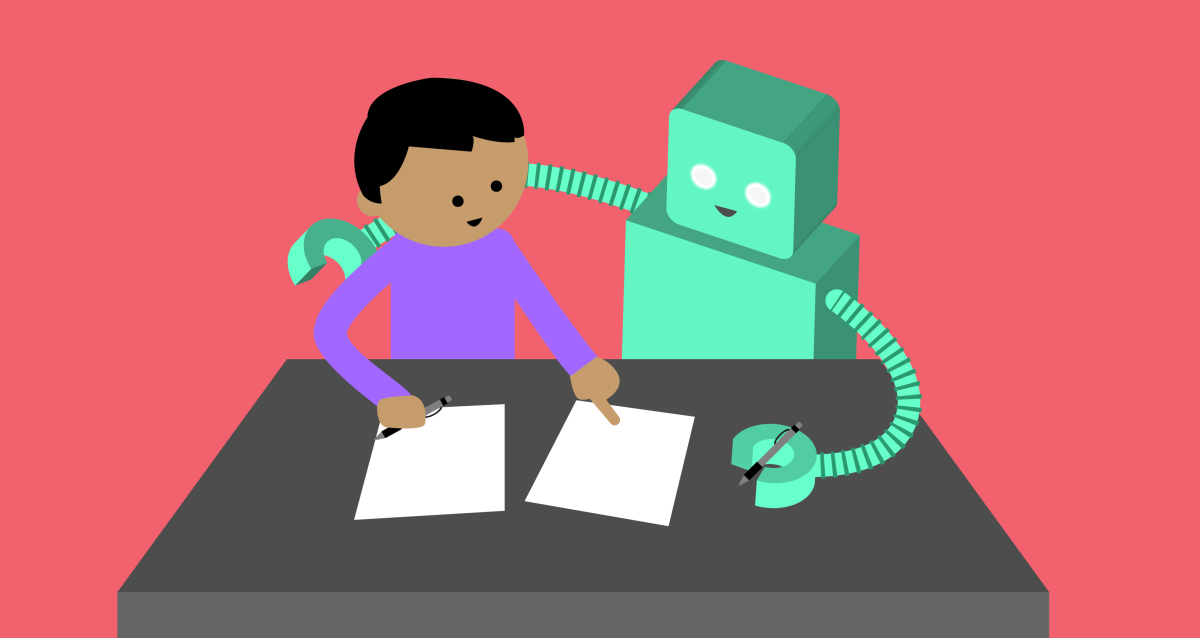
Even more ambitions “The ChatGPT maker imagines superintelligent AI without existential risks”
Are safety and efficiency the right drivers?
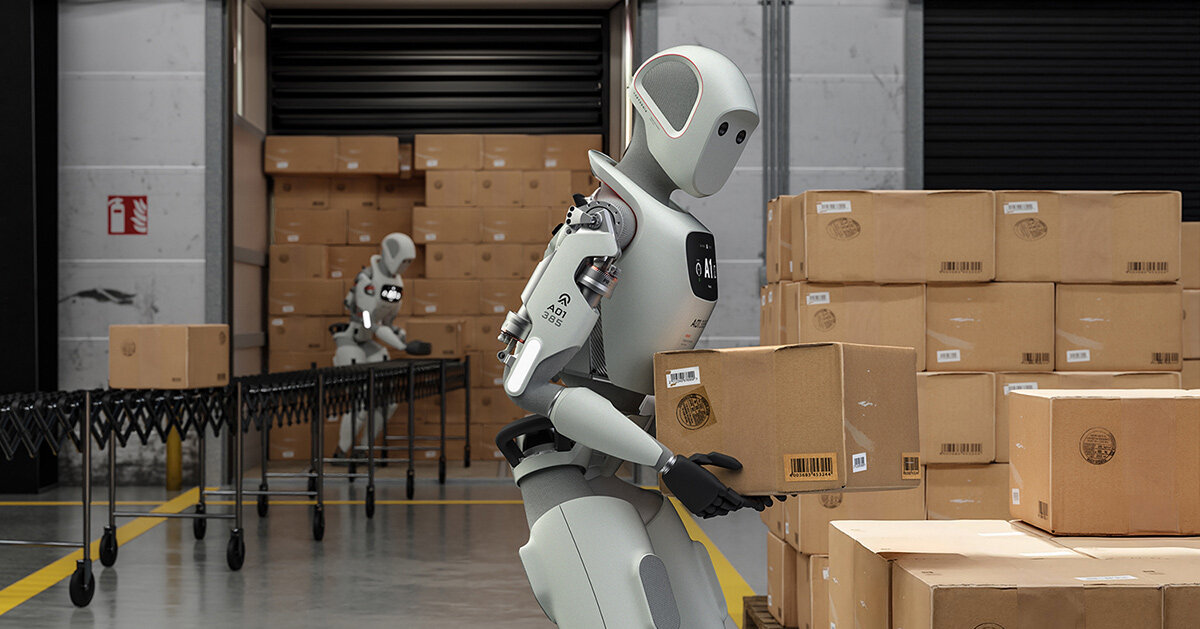
Better be prepared! “If AI Becomes Conscious, Here’s How We Can Tell”

“New AI technology gives robot recognition skills a big lift" Processing is nice, but you need a step before: recognition.
Ask ChatGPT to design a robot. And this happened.
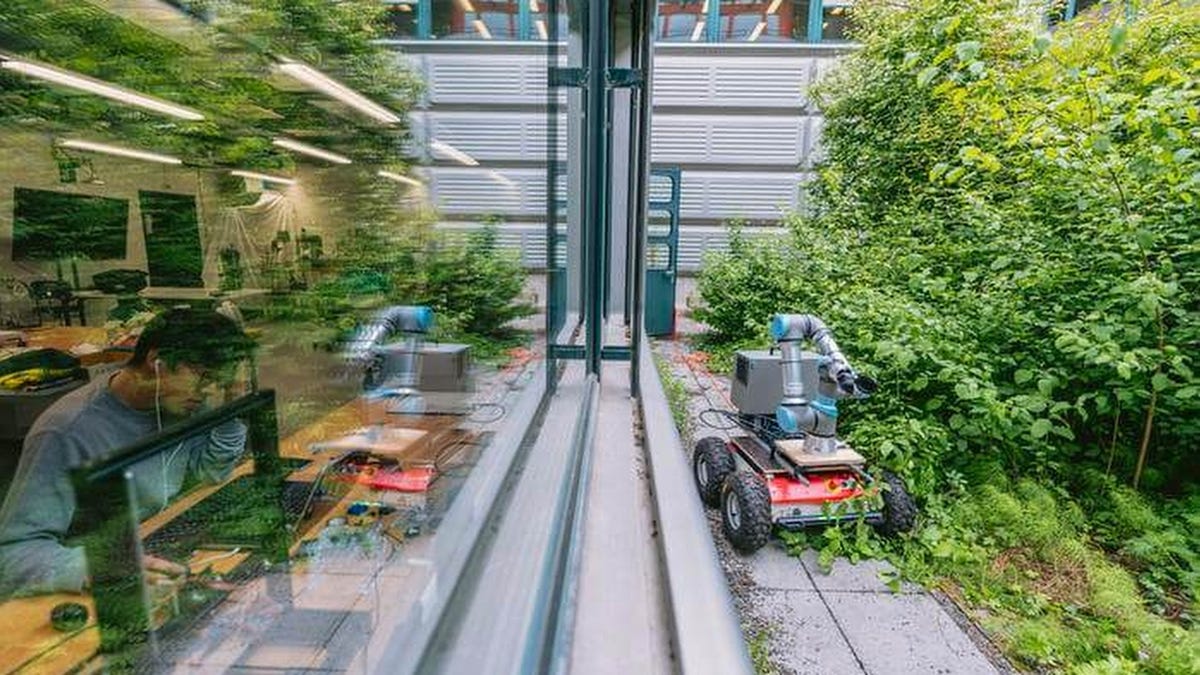
Too bad Space10 is closing. But after 10 years, it may indeed served its function, it was a place where new concepts were developed for a real-world case: IKEA. It might be part of the innovation pendulum from centralisation and decentralisation, and the focus is now on internal embedding.
It is nice to see how the Better IoT project of Alexandra evolved into their assessment tool for building digital tools respecting human values. And is nominated for a Social Impact Award.
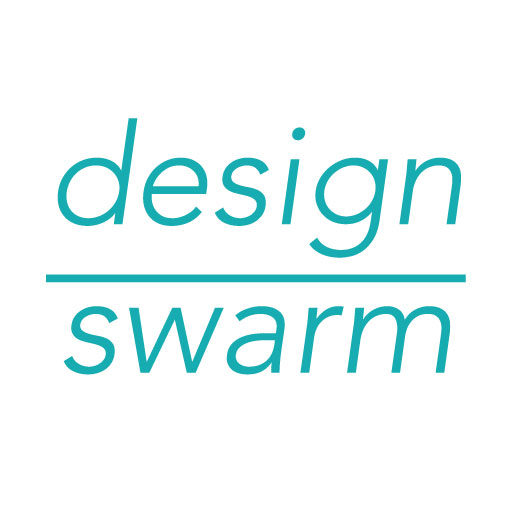
Into last-mile logistics? “This study presents a first effort to reveal spatial nuance in e-commerce platform siting decisions around U.S. metropolitan areas.”
These are weird times for driverless cars. As was memorised in the Hard Fork podcast, self-driving taxis are a tourist attraction nowadays in SF. Also, new rules and discussions make the car sometimes turn on all cabin lights while driving, to make clear for the passengers that they are not totally ‘alone’ and anonymous… “The future of driverless cars is uncertain, but they have the potential to expand beyond private taxi service and into self-driving shuttle operations that could fill in gaps in the public transportation system.”

Another discussion in the American tech blogs was the mysterious land acquisition in a farmer area. Will there be a full libertarian city?
You can discuss if the work of Refik Anadol is art or true craftsmanship, manipulating the AI machine to produce mesmerizing imaging. Anyhow, it fits the new huge Dome screen in Vegas very well.
And a trailer for an AI-generated movie
Paper for the week
Some political and power analysis around a so-called open AI platform.
“This paper examines ‘open’ AI in the context of recent attention to open and open source AI systems. We find that the terms ‘open’ and ‘open source’ are used in confusing and diverse ways, often constituting more aspiration or marketing than technical descriptor, and frequently blending concepts from both open source software and open science. This complicates an already complex landscape, in which there is currently no agreed on definition of ‘open’ in the context of AI, and as such the term is being applied to widely divergent offerings with little reference to a stable descriptor.”
Widder, David Gray and West, Sarah and Whittaker, Meredith, Open (For Business): Big Tech, Concentrated Power, and the Political Economy of Open AI (August 17, 2023). Available at SSRN: https://ssrn.com/abstract=4543807 or http://dx.doi.org/10.2139/ssrn.4543807
See y’all next week!
Don’t forget to join the Salon in Rotterdam if you are nearby!









